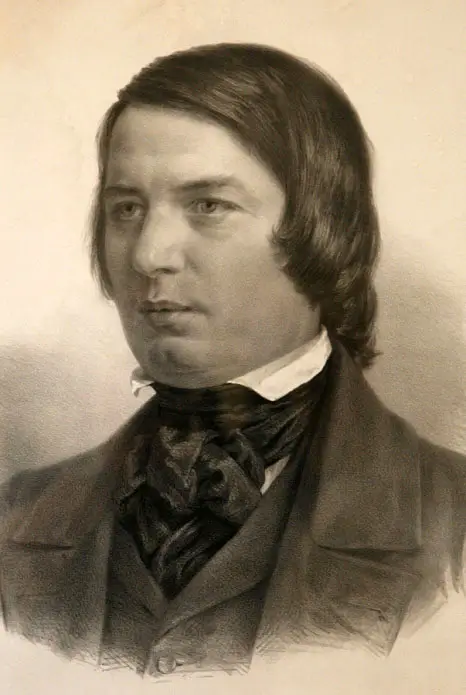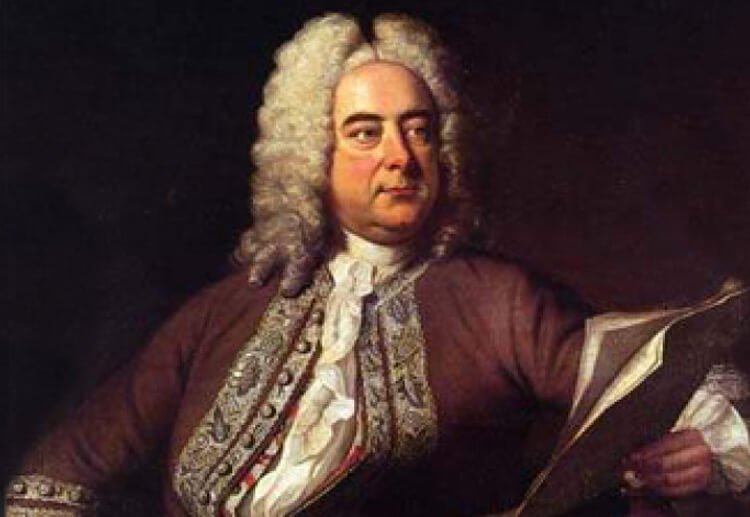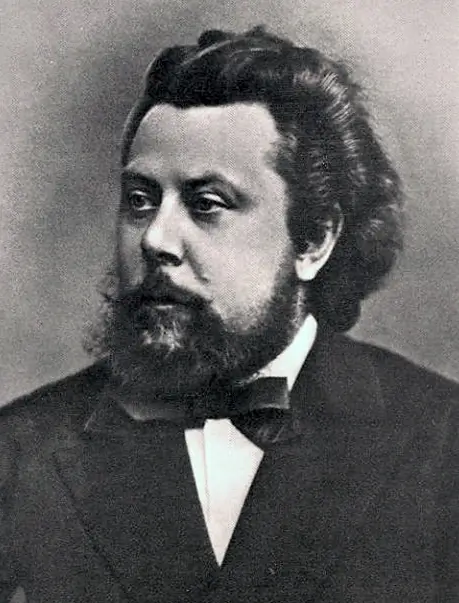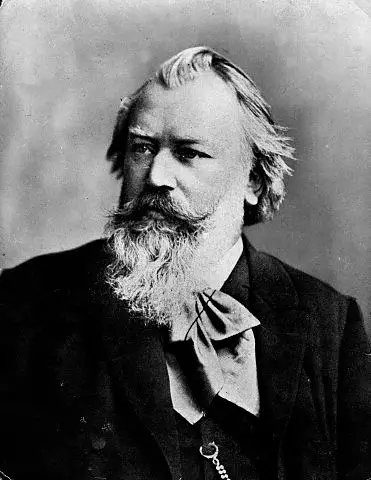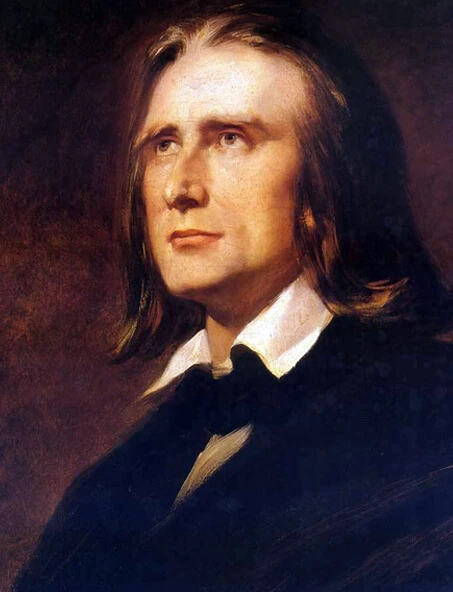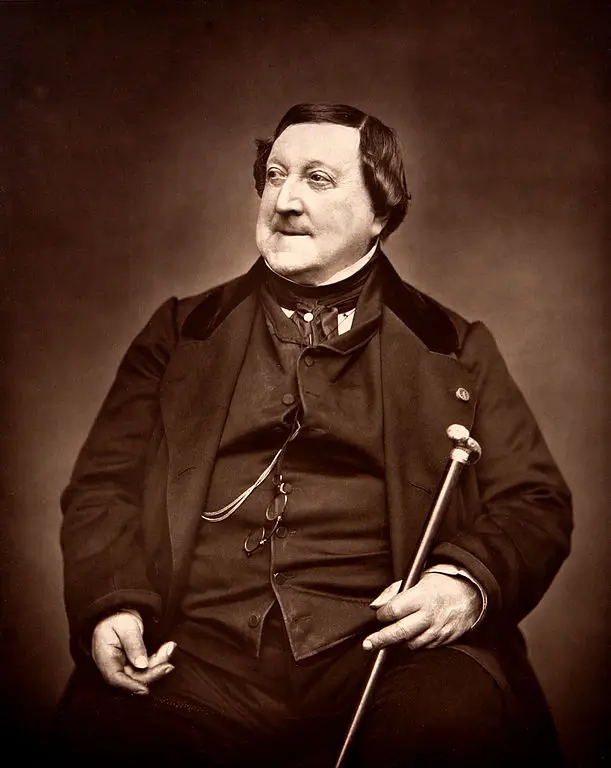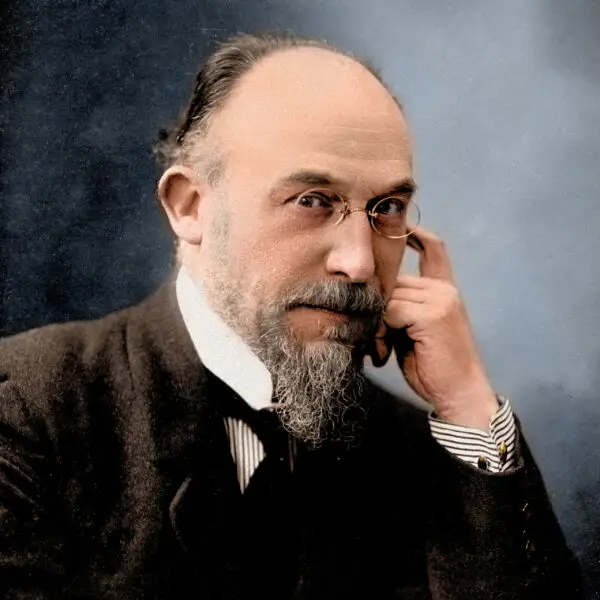Introduction
Giuseppe Verdi stands as a towering figure in the world of classical music, his name synonymous with Italian opera. Born in the early 19th century, Verdi’s compositions captivated audiences with their emotive intensity, intricate vocal lines, and dramatic depth. His works remain staples in opera houses worldwide, celebrated for their profound artistic and emotional impact. This article explores Verdi’s life, from his humble beginnings to his rise as a music maestro, examining his major works, connections with other composers, personal philosophy, and enduring legacy.
Early Life
Giuseppe Fortunino Francesco Verdi was born on October 10, 1813, in Le Roncole, a small village in Parma, Italy. The son of an innkeeper and a spinner, Verdi’s early life was modest, with little indication of his future greatness. His musical talents became apparent at an early age, prompting his parents to invest in a spinet that he played fervently. Despite the limited musical resources in his village, Verdi’s passion for music was ignited under the sparse tutelage available.
At the age of 10, Verdi moved to the nearby town of Busseto, where his musical education expanded under the patronage of Antonio Barezzi, a local merchant and music enthusiast who recognized his potential. Barezzi not only financed Verdi’s education but also became his father-in-law, marrying his daughter Margherita. This period was crucial for Verdi’s early exposure to the broader world of music.
Musical Training and Development
Verdi’s formal musical education began in Busseto with Ferdinando Provesi, but his ambitions soon led him to the prestigious Milan Conservatory. Although he was initially rejected due to his age and unconventional piano technique, Verdi did not falter. He instead took private lessons in Milan under Vincenzo Lavigna, a composer and former La Scala musician, who introduced him to the Italian opera scene.
During these formative years, Verdi absorbed the works of the masters, drawing inspiration from the likes of Rossini, Bellini, and Donizetti. His early compositions were marked by a struggle to find a personal style, a journey punctuated with both failures and minor successes. It wasn’t until the premiere of “Oberto” in 1839 at La Scala that Verdi saw his first major success, setting the stage for his future career.
Major Works and Compositions
Verdi’s oeuvre includes some of the most beloved operas in the repertoire. “Rigoletto” (1851), “Il Trovatore” (1853), and “La Traviata” (1853) form the popular “trilogia popolare” that cemented his reputation. These operas, known for their melodic richness and psychological depth, were followed by other masterpieces such as “Aida” (1871), “Otello” (1887), and “Falstaff” (1893), which demonstrated his growth in orchestration and complexity.
Each opera reflects Verdi’s ability to combine stirring music with powerful narratives. For instance, “La Traviata” broke new ground by focusing on the life of a courtesan, while “Otello” showcased his mastery in adapting Shakespeare for the operatic stage. Verdi’s music poignantly expressed human emotions, ranging from the passionate duets of “Aida” to the haunting choruses of “Nabucco.”
Connections to Other Composers
Verdi’s career overlapped with several other musical giants, including Richard Wagner, with whom he had a complex relationship. While the two composers were often seen as rivals, representing different operatic philosophies and national styles, Verdi expressed admiration for Wagner’s innovations in orchestration. However, he remained critical of Wagner’s neglect of the human voice in favor of orchestral dominance.
Verdi was also influenced by the earlier works of Gioachino Rossini, whose operas dominated the Italian scene before him. Although Verdi’s style diverged significantly from Rossini’s, he respected Rossini’s operatic contributions and learned from his structures and thematic material. This blend of influence and originality helped forge Verdi’s unique compositional voice.
Character and Philosophy
Verdi’s personal philosophy was deeply rooted in humanism. He believed in the power of music to reflect and elevate the human spirit, a principle that permeated his operas. His characters are profoundly human, often caught in the throes of intense personal and ethical dilemmas. Verdi himself was a man of considerable integrity and independence, advocating for artistic freedom and often clashing with censors.
His commitment to humanistic values is also evident in his civic engagement. Verdi was active in Italian politics, serving in the parliament after the unification of Italy. He also used his music for political purposes; for instance, “Va, pensiero,” the famous chorus from “Nabucco,” became an unofficial anthem for Italian unification.
Life in Milan
For much of his life, Verdi was closely associated with the city of Milan, the epicenter of Italian opera. However, his heart remained tied to his rural roots in Busseto, where he often returned. In Milan, Verdi was part of a vibrant cultural scene, interacting with other composers, artists, and intellectuals. His residence, the Grand Hotel et de Milan, still stands today as a testament to his legacy in the city.
Milan’s Teatro alla Scala, one of the world’s most famous opera houses, was the venue for many of Verdi’s premieres and triumphs. The city provided him with both inspiration and challenge, fueling his artistic endeavors. Yet, despite his success, Verdi’s relationship with Milan was sometimes ambivalent, marked by artistic disagreements and the pressures of fame.
Death and Legacy
Verdi died on January 27, 1901, in Milan. His passing was mourned across Italy and the world, with thousands attending his funeral in a massive public display of grief. Today, Verdi’s legacy is immortalized in his music, which continues to be performed and revered globally.
His influence extends beyond opera; Verdi’s approach to musical drama and character development has inspired countless composers and performers. Institutions like the Conservatorio di Musica “Giuseppe Verdi” in Milan continue to perpetuate his artistic ideals. Verdi’s life and work remain a beacon for those who believe in the transformative power of music.
In conclusion, Giuseppe Verdi’s journey from a provincial child to a maestro of Italian opera is a testament to his enduring genius and the universal appeal of his music. His operas, characterized by their emotional depth and musical sophistication, continue to touch audiences around the world, securing his place as one of the great luminaries of classical music.


